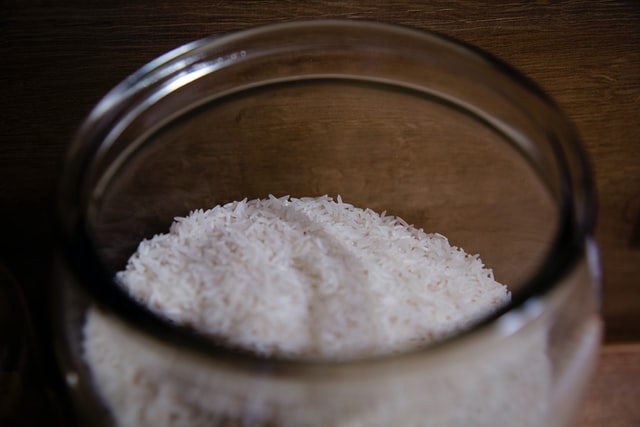Maybe you’ve been thinking about going vegan recently, or maybe you’re lactose intolerant — or dairy sensitive — and you want to see what else is in store for your morning cereal. Whatever the case may be, there are so many options when it comes to milk alternatives that you’ll likely never have to touch animal products again if you don’t want to. But what about the health aspect? Well, just like cow’s milk, plant milks usually have a distinct vitamin and nutrient profile that addresses different aspects of nutrition. And you can find the right plant milk that addresses exactly what you’re looking for.
No matter what you need, there will be a plant milk out there that can provide you exactly what you need. Not only that, but you can likely experiment with tastes and flavors to find something that matches your taste buds exactly. Here’s a run down of all the different options of plant milks at your disposal and how they can help your health.
1. Soy Milk
While rumors have it that soy is highly feminizing, studies have shown that even when the results lean towards the affirmative, the effects aren’t significant. Additionally, soy milk is a great source of vitamin A, vitamin B, potassium, calcium, retinol and folate.
2. Almond Milk
For those who like a more nutty taste, almond milk can be a great option. Almond milk can be a great source of vitamin A, vitamin E, antioxidants, calcium and magnesium. Almond milk consumption has also been linked to lower risks of cognitive diseases like Alzheimer’s disease. Almond milk is also low in calories, which makes it great for weight loss.

3. Pecan Milk
Another nutty milk with a slightly thicker and less sweet consistency, pecan milk is a great option for those looking for a natural source of vitamin E and magnesium. Like many of the more unconventional milks, you can even make pecan milk yourself with water, raw pecans and some flavoring ingredients of your choosing.
4. Oat Milk
Oat milk is one of the primary options that has taken the coffee world by storm, and for good reason! Oat milk has a thick and creamy texture that can be especially great for coffee drinks, baking and other rich endeavors. What’s more, it also contains protein, fiber, calcium, riboflavin and vitamin B12 — which can be especially important for those on a plant based diet.

5. Coconut Milk
If you already love the taste of coconuts and coconut water, coconut milk could be for you. It serves as an excellent source of iron, folate, fiber, protein and vitamin C, all of which are important to supplement.
6. Rice Milk
Rice milk is a great option for those who like a starchy flavor with a slightly thinner consistency. Rice milk is rich in vitamin E, vitamin C, protein and calcium. Much like the other options on this list, you can make your own rice milk right at home. All you need is cooked rice and water, and you can essentially make it entirely yourself!

7. Cashew Milk
Cashew milk is yet another nut milk, this one great for thicker, creamier pursuits like making dips and non-dairy cheeses. While some people do like to drink it as well, it has a very rich and creamy flavor — which some people love. In its nutrient profile, cashew milk boats calcium, iron, potassium, vitamin D and fiber.
8. Flax Milk
Flax milk has a slightly thinner consistency than some of the nut milks on the list, and has a slight taste of flax, which some people love. It’s also a fantastic source of fiber, calcium, protein and vitamin D.

9. Hemp Milk
Some people love the taste and aroma of hemp. If this sounds like you, hemp milk could be the perfect option for all of your non-dairy needs. In terms of nutrients, hemp milk contains calcium, protein, iron, phosphorus, vitamin A, vitamin B12 and vitamin D. If you want to try making your very own hemp milk, all you need is water and hulled hemp seeds — in addition to any other flavoring materials you’d like to add.
10. Banana Milk
Banana milk? Yes, that’s right, there’s non-dairy milk made from bananas. Not only does it taste like banana, but it also has a rich, creamy consistency that many people can’t get enough of. Much like their fruit counterparts, banana milk contains potassium, folate, vitamin B6, vitamin C and antioxidants.

Alternative Milks And Their Nutrients
No matter your reason for exploring plant based options in your diet, there are so many options for milk alternatives, all with their own nutritional value and nutrient profile. Rather than looking at milk alternatives as a means to match cow’s milk, you can find the best milk to cover exactly what you need in your diet. Which plant milk are you excited to try?
*collaborative post


































